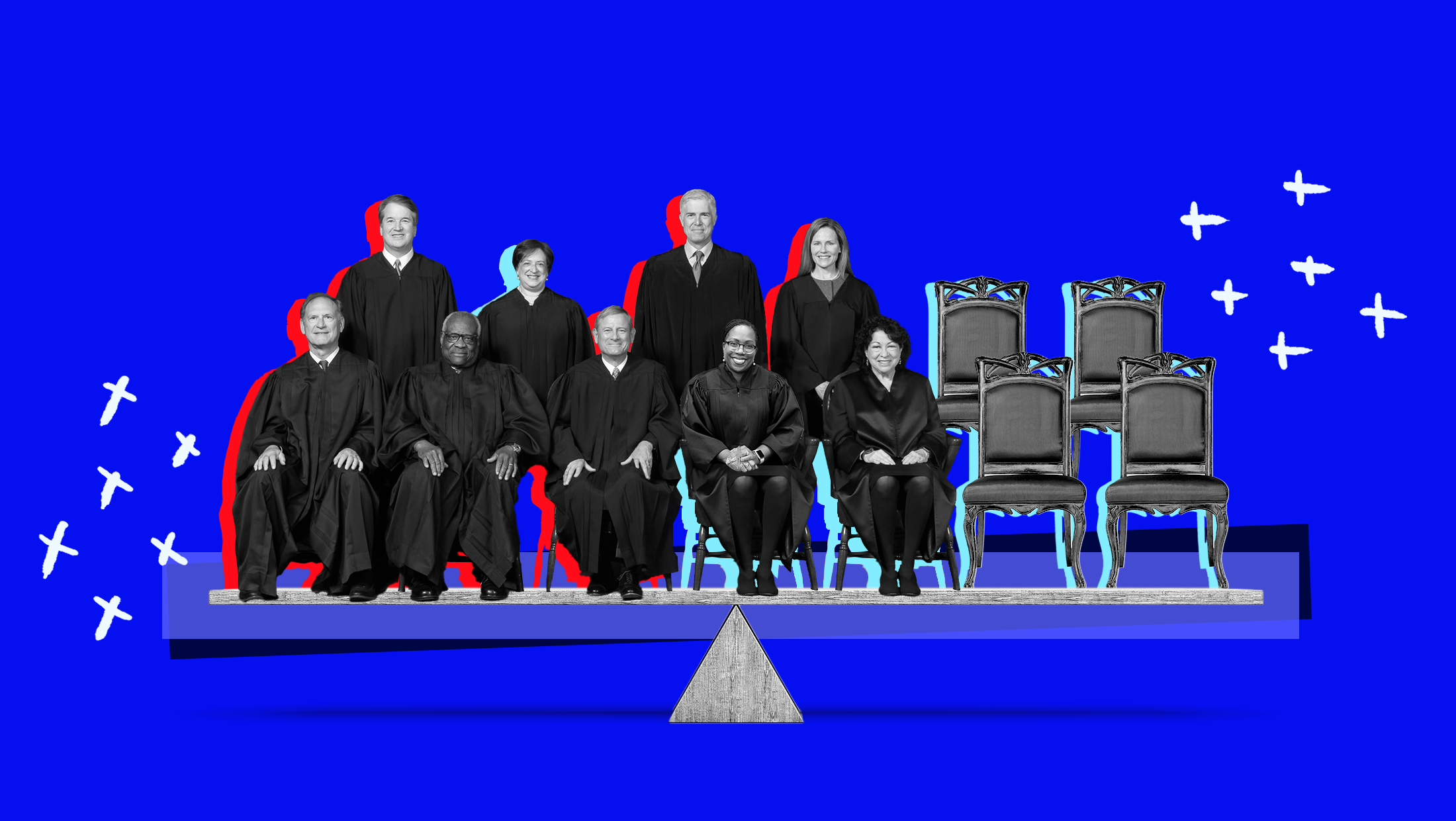Rumpole
Diamond Member
- Mar 20, 2023
- 2,946
- 2,337
- 1,928
- Thread starter
- #341
What good is a bigger voice when it has to agree with the majority? Answer, not much. The bottom line, though, is that the states elect the president, not the people.
It has worked in the vast majority of elections.
No, states do not elect the president, electors elect the president. Now, the process would be fairer if we got rid of the 'winner takes all' approach. Let ALL electors be earned.

